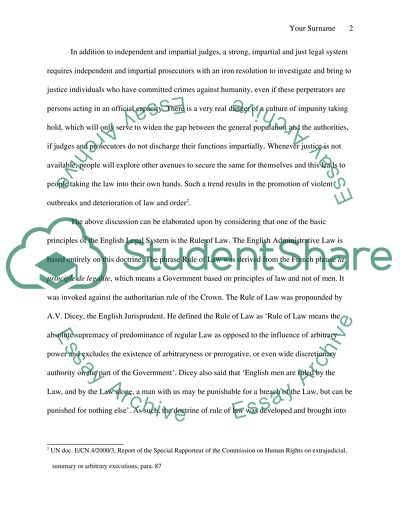Cite this document
(“The Human Rights Act 1998 Essay Example | Topics and Well Written Essays - 1500 words”, n.d.)
The Human Rights Act 1998 Essay Example | Topics and Well Written Essays - 1500 words. Retrieved from https://studentshare.org/miscellaneous/1534420-the-human-rights-act-1998
The Human Rights Act 1998 Essay Example | Topics and Well Written Essays - 1500 words. Retrieved from https://studentshare.org/miscellaneous/1534420-the-human-rights-act-1998
(The Human Rights Act 1998 Essay Example | Topics and Well Written Essays - 1500 Words)
The Human Rights Act 1998 Essay Example | Topics and Well Written Essays - 1500 Words. https://studentshare.org/miscellaneous/1534420-the-human-rights-act-1998.
The Human Rights Act 1998 Essay Example | Topics and Well Written Essays - 1500 Words. https://studentshare.org/miscellaneous/1534420-the-human-rights-act-1998.
“The Human Rights Act 1998 Essay Example | Topics and Well Written Essays - 1500 Words”, n.d. https://studentshare.org/miscellaneous/1534420-the-human-rights-act-1998.


